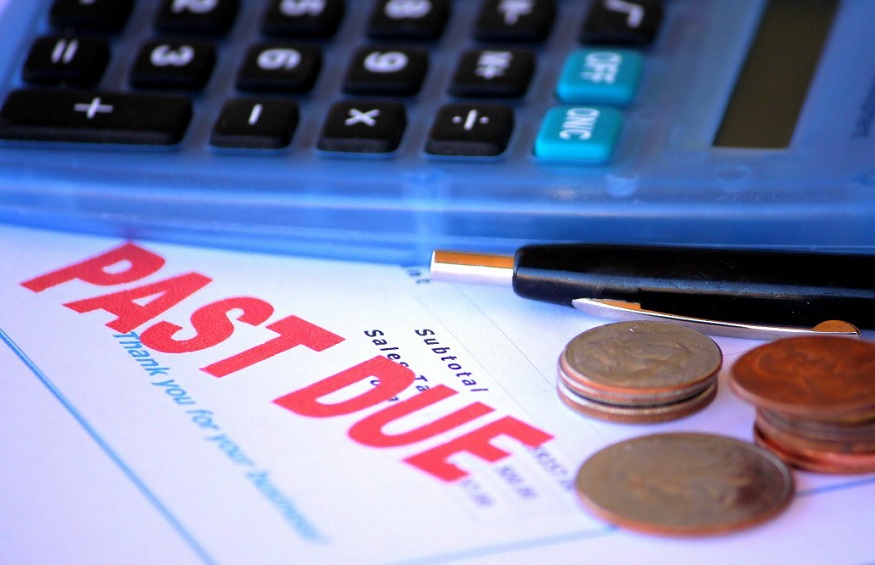Succeeding in having a civil judgment entered against a debtor does not guarantee payment. In fact, a fair number of civil judgments remain forever unpaid. Debtors just refuse to cooperate and then wait it out. Yet they may not realize that doing so creates more problems than it solves. For example, consider civil judgments and credit reports.
Do a Google search and you will discover a lot of people asking, “do civil judgments show up on credit reports?” They can. However, that does not mean they will. More often than not, creditors don’t go to the trouble of reporting civil judgments to credit agencies. When they do show up on credit reports, it’s generally the result of automated public records inquiries.
In case you’re wondering, Salt Lake City-based Judgment Collectors says this isn’t necessarily good news for debtors. If a judgment is listed on your credit report under the public records section, it doesn’t reflect well on you. It indicates to credit reporting agencies and other creditors that you are not cooperative in paying your bills.
Civil Judgment Time Limits
People also want to know how long judgments can remain on a credit report. That depends on number of factors, including state law. Most states limit judgment enforcement to 7-10 years. States generally allow judgment renewal as needed. That is the starting point.
A judgment entered against you could remain on your credit report for as long as it remains unpaid. Again, that could be 7 to 10 years. However, it could also remain on your report for some years after payment. That length of time differs by state. But let’s say it’s five years. Let us also say that it takes you six years to make payment. Now you have a total record lasting 11 years.
In fairness, the judgment would show up as satisfied for the final five years. But still, creditors would be able to see that you had a judgment against you that took six years to satisfy.
Why It Matters
The modern world makes it nearly impossible to go an entire lifetime without utilizing credit in some form. Moreover, almost all forms of credit are only established after the creditor checks the applicant’s credit history. What do you think that might mean if you had a judgment on your credit report?
An unpaid judgment could very easily prevent you from getting a mortgage. After all, no bank wants to take the risk of having a lien slapped on a house they financed. The same goes for auto loans and other forms of secured credit. And if you were able to obtain credit even with an unpaid judgment, you would almost certainly get the worst possible terms and rates. You present too much of a risk for creditors to offer you good terms and rates. But wait, it gets even worse.
Some states allow employers to check credit histories as a part of the screening process. A person’s credit history cannot be the only factor on which an employment decision is made, but it can be a contributing factor. Therefore, a job requiring a significant amount of responsibility probably won’t be offered to someone who doesn’t pay their bills.
It may be possible to skip out on paying a judgment just by stringing the creditor along until they give up. But if that judgment shows up on your credit report, you’re going to face a lot more problems. It’s not worth it. Find a way to make payment and get it settled. The sooner the judgment is removed from your credit report, the better off you’ll be.




